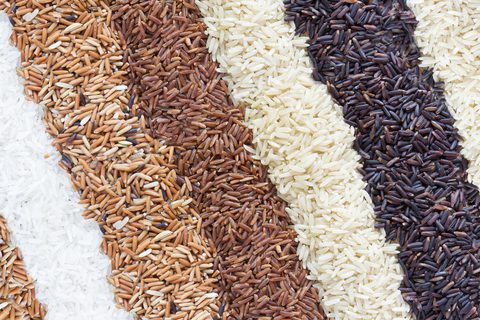

Challenges of Plant Proteins in Replacing Animal Proteins
Proteins form a significant part of ingredients used in the food industry. Plant proteins are an obvious choice as substitutes to meat, egg, gelatine and milk are not easy however they do come with their challenges.
The exceptional nutritional and functional properties of animal-derived ingredients have historically contributed considerably into food systems. In recent years there has been a greater understanding of the significant environmental impact that producing animal-derived ingredients is having globally. This environmental impact is driving a consumer demand for substituting food products with alternatives to animal-derived ingredients, food manufacturers face the challenges of developing products that can provide the same or similar texture, taste, flavour and mouth feel as the animal-derived versions. Proteins form a significant part of ingredients used in the food industry so substitutes to meat, egg, gelatine and milk are key to producing these alternatives. Plant proteins are the obvious choice for many reasons; they are abundant, relatively cheap to produce and are a healthier option. Vegetarian diets help reduce cholesterol and lower blood pressure as well as reduce the risk of stroke, cancer and heart disease1. There is also a vast array to choose from.
Plant proteins do come with their challenges, they are classed as incomplete proteins as they do not contain all the 20-essential amino acids2 required for human growth and development. In comparison to animal protein many plant proteins also have poor solubility, foaming and emulsification properties but with a bit of finessing these functionalities can be enhanced.
Enzymes can be used to hydrolyse proteins into peptides and free amino acids which improves the functional benefits of the proteins. Within food systems, solubility is one of the most important functional properties of proteins, as insoluble proteins have limited potential in food applications. Endopeptidases are routinely used to hydrolyse plant proteins reducing their molecular weight and lowering viscosity thus improving a protein’s solubility characteristic. The enzyme type, dose rate, pH and temperature will vary depending on the specific plant protein that is being hydrolysed. So, whether you want a pea protein to have good solubility at a low pH range for a sports nutrition drink, a wheat gluten with good solubility and digestibility for an elderly nutritional product or a potato protein with a high degree of hydrolysis for use in the cosmetic industry, the right enzyme can help you achieve this.
At Biocatalysts we are continually reviewing our range of enzymes and their applications, enabling us to support the challenging dynamic that is the food ingredient market.
